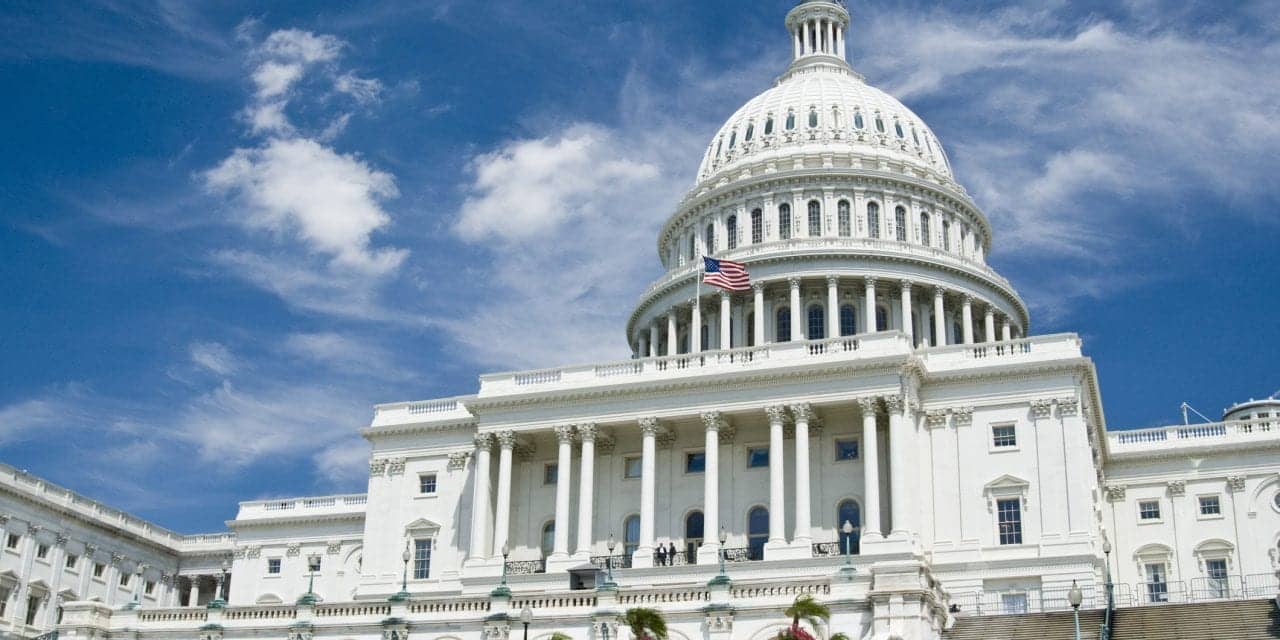As the FDA considers regulations for OTC hearing aids, one of the thorniest issues it faces is federal preemption of all the various state laws that help protect consumers—many of which focus on the dispensing professional and not the actual hearing device.
By Bridget Dobyan and Sara W. Koblitz, Esq
Three years ago today, on August 18, 2017, the FDA Reauthorization Act (FDARA) was signed into law. This anniversary is notable because it is also the statutory deadline for FDA to release proposed regulations creating and regulating a new over-the-counter (OTC) hearing aid category for persons with perceived mild-to-moderate hearing loss. While the statute required FDA to issue the proposed regulations in advance of today’s deadline, as of the posting of this article, FDA has yet to release the rules.
The global COVID-19 pandemic has injected additional uncertainty into the federal rulemaking process, but in crafting the proposed OTC rules, FDA is also dealing with the complexities of federal preemption of state hearing aid laws. Simply put, federal preemption prohibits states and local governments from establishing or continuing in effect any law or regulation that would restrict or interfere with access to OTC hearing aids—including involvement of a licensed person to access the product.
To understand the potential impact of preemption on existing state laws and—most importantly— to ensure strong consumer protections, the Hearing Industries Association (HIA) conducted exhaustive research of hearing aid laws and regulations of the 50 states plus the District of Columbia, identifying five primary areas of consumer protection to flag for FDA: 1) licensing; 2) receipt requirements; 3) return periods; 4) promotion and advertising, and 5) assistive technology device warranties.
Licensure Requirements. States, with significant interests in protecting the health, safety, and well-being of their citizens, have historically used their licensing authority over the fitting, dispensing, or sale of hearing aids to protect consumers from potential problems arising from the purchase and use of hearing aids. As a result, many consumer protections for hearing aids flow through the licensee, rather than applying directly to the device. A concern is that many of these consumer protections will be preempted along with state licensing provisions for the new OTC hearing aid category, to the detriment of the consumer. Therefore, it is important for FDA to preserve these important protections at the federal level or make it clear the authority of states to do so.
Receipt Requirements. Almost every US state requires that some type of receipt accompany the sale of any hearing aid to ensure that purchasers are informed of terms of sale, details of the product, and any available recourse, such as a return period or warranty. Because states primarily impose receipt requirements through the licensee, certain existing laws and regulations mandating receipts would not carry over from traditional hearing aids to the new OTC category. But it remains important for all hearing aid consumers to have a clear record of sale that includes important information, such as the address of the seller, device details and condition, terms of guarantees or warranties, any applicable return period, and notice of disclosures, like instructional brochures, that have been provided. It is important for FDA to consider receipt requirements in its regulatory framework for OTC products or, in the alternative, clearly preserve state authority so long as it does not interfere with or restrict access to OTC hearing aids.
Return Period. Thirty states plus the District of Columbia provide by statute a return period for hearing aids. The return period plays a critical role in encouraging consumers to take that difficult step in purchasing hearing aids. A return period will provide an additional layer of protection for consumers without restricting or interfering with access to OTC hearing aids. We urge FDA preserve state-mandated return periods or, alternatively, implement a federal right to return for the entire device category.
Promotion and Advertising. Both the federal government and states have demonstrated a strong interest in protecting consumers from deceptive advertising, including false advertising, fraudulent statements, and misrepresentations in the promotion and advertising of hearing aids. Given the limited enforcement resources at the federal level, states provide essential enforcement and oversight with respect to consumer fraud and false advertising. Today we see a proliferation of direct-to-consumer companies advertising “OTC hearing aids” even though the OTC category does not yet exist. And with a patient population that is typically older and more vulnerable to deceptive advertising, the ability and authority of states to ensure the health, safety, and well-being of their citizens should not be compromised. We urge FDA, in coordination with the FTC, to extend these protections for the new OTC hearing aid category.
Assistive Device Warranties. State assistive technology device warranty laws (or “lemon laws”) provide recourse for individuals who purchase nonconforming devices, or devices that have defects that impair the use of the device (“nonconformities” do not include abuse, neglect, or modification of a device, or the result of normal use). These warranties are particularly important for an OTC category where individuals will not receive the same type of personal assistance and guidance through the process by a hearing care professional. It provides an important path to a remedy if needed. We encourage FDA to implement similar requirements or take care to ensure existing requirements are not preempted.
Clearly, the issue of federal preemption requires careful consideration. While we understand the need to revisit federal and state regulations to accommodate the new OTC category, we also believe that the important consumer protections currently provided by state laws and regulations must be maintained. Over 38 million individuals in the US have some type of hearing loss, which means that millions of people may seek a hearing device that can improve their overall health. If the preemption provisions are properly crafted, these laws can continue to protect these consumers while increasing access to treatment for hearing loss.


About the authors: Bridget Dobyan is Hearing Industries Association (HIA) Director of Public Policy and Advocacy, and Sara W. Koblitz, Esq, is Senior Associate at the law firm of Hyman Phelps & McNamara in Washington, DC.




I appreciate this update on the OTC hearing aids. I didn’t realize the complexities in the federal preemption but since this is supposed to be a new classification of hearing devices, why does this matter? It would seem that the OTC hearing devices will have to go through the process before they’re sold in each state????